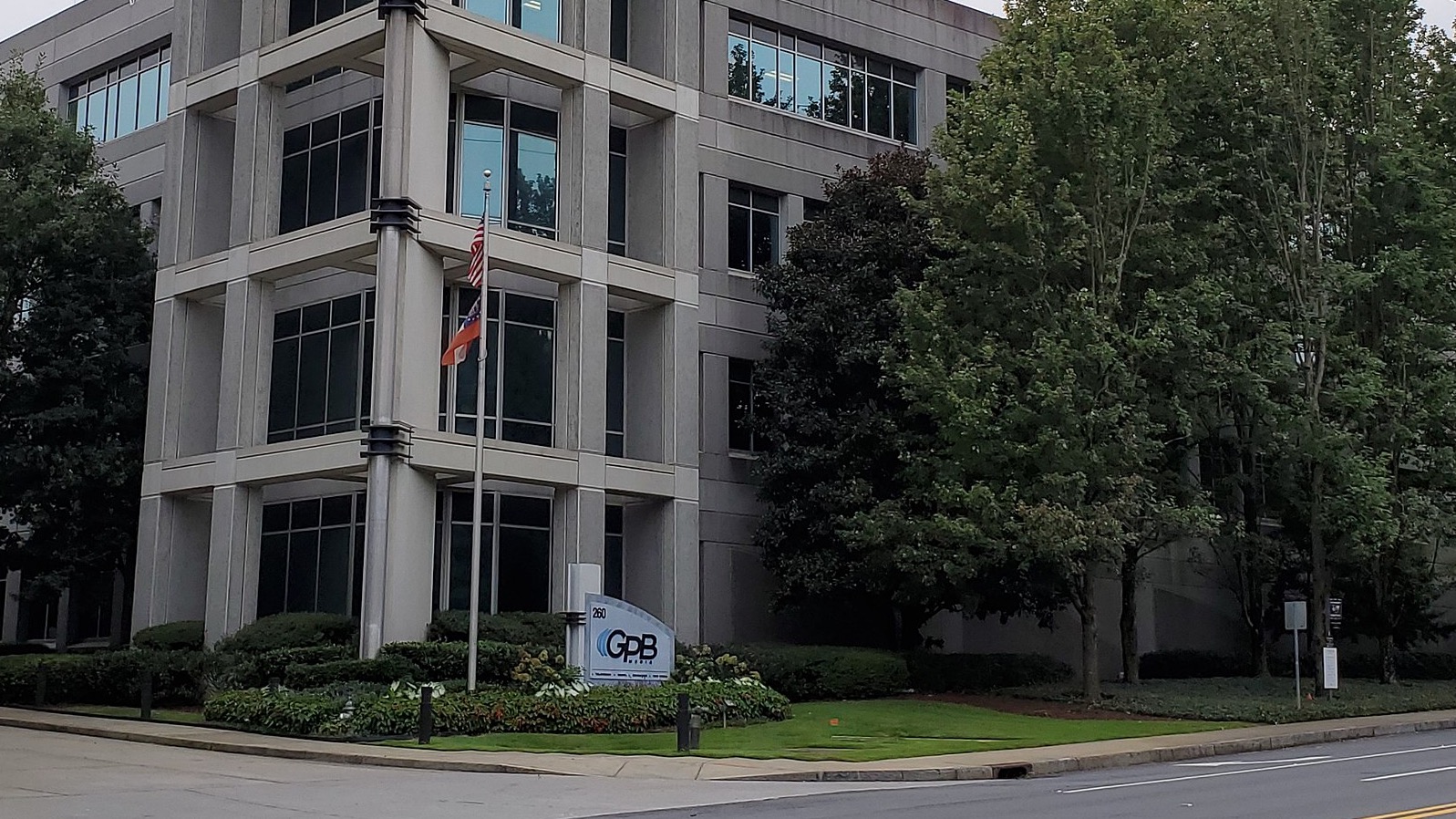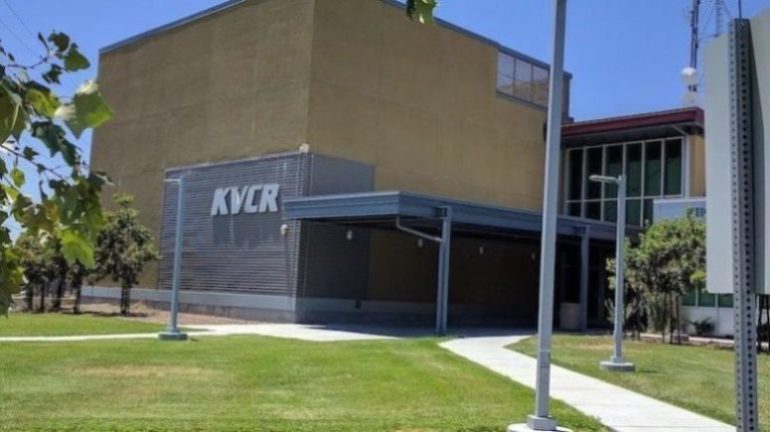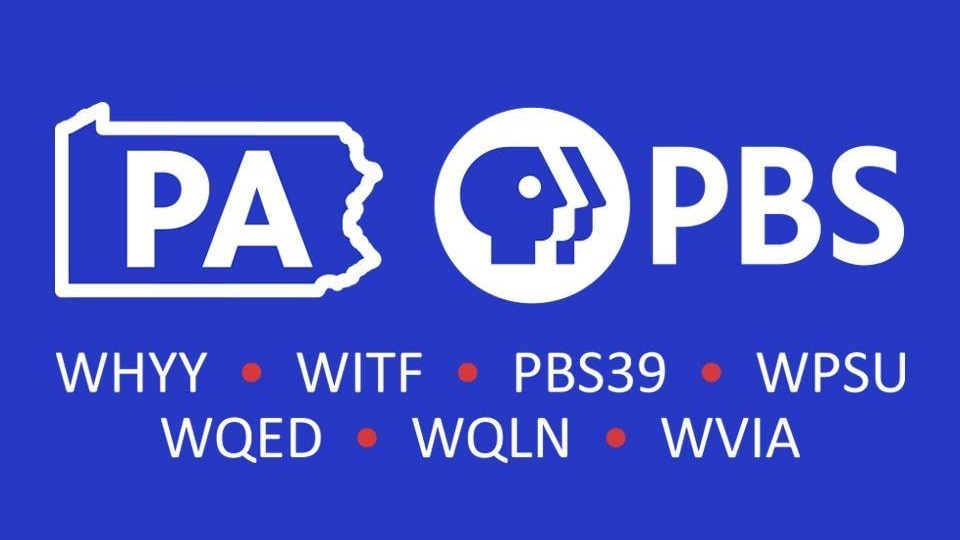Tag: State funding
Georgia Public Broadcasting faces funding cut
“GPB is thankful for the current and past monetary support we’ve received from the state,” a spokesperson said.California budget provides $15 million to KVCR licensee’s ‘long-range plan’
The state funds support continuation of PBS and NPR programming on KVCR and will help the community college licensee break ground on ...Pennsylvania’s public TV stations go another year without state funding
Gov. Tom Wolf had proposed restoring state support for the stations this year, but the legislature declined.Pennsylvania governor’s budget proposes restored funding for public TV
The state zeroed out funding last year for Pennsylvania PBS, a group of seven stations.KVCR receives $4M investment from California state legislature
The funds will help KVCR pay for PBS and NPR programming, which it had previously proposed cutting to offset budget deficits.One up, one down: New Jersey station receives state funding, Pennsylvania’s lose appropriation
NJ PBS received $1 million, its first appropriation in a decade, while seven Pennsylvania stations lost support.N.J. governor proposes first funding for pubmedia in a decade
The station lost its state appropriation 10 years ago when out-of-state broadcasters took over operations.Proposal in Pennsylvania to zero out pubcasting funds is a ‘starting point,’ say station leaders
The seven stations that receive funding from the state could collectively lose $750,000 annually for technology needs if the proposed budget is ...Public broadcasters in Alaska face a convergence of crises
Alaska's public broadcasters were facing financial challenges long before the pandemic hit.Alaska public broadcasters lose state funding
Stations will lose their entire appropriation, which was $2.7 million in fiscal year 2019.Veto by Alaska’s governor threatens funding for state pubcasters
An end to state funding could devastate Alaska's small and medium-sized stations, according to the executive director of Alaska Public Broadcasting Inc.Minnesota’s community radio stations find unique niche for covering arts and culture
Backing from a special tax-supported fund has allowed volunteer-powered stations to enhance their local programming.‘The Pub’ #113: How states are doling out dollars for public media
Ever wonder how much your state spends on public media? Current has got you covered with a new, comprehensive guide to state ...For some pubcasters, state funding plays valuable role in strengthening service
State money makes up a relatively small slice of total system revenue but can make a big difference at stations.Ten lessons from West Virginia Public Broadcasting’s near-death experience
After a roller-coaster ride to preserve state funding for West Virginia Public Broadcasting, Executive Director Scott Finn reflects on what he learned ...









